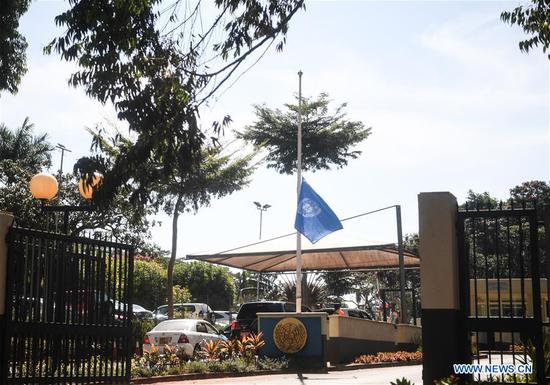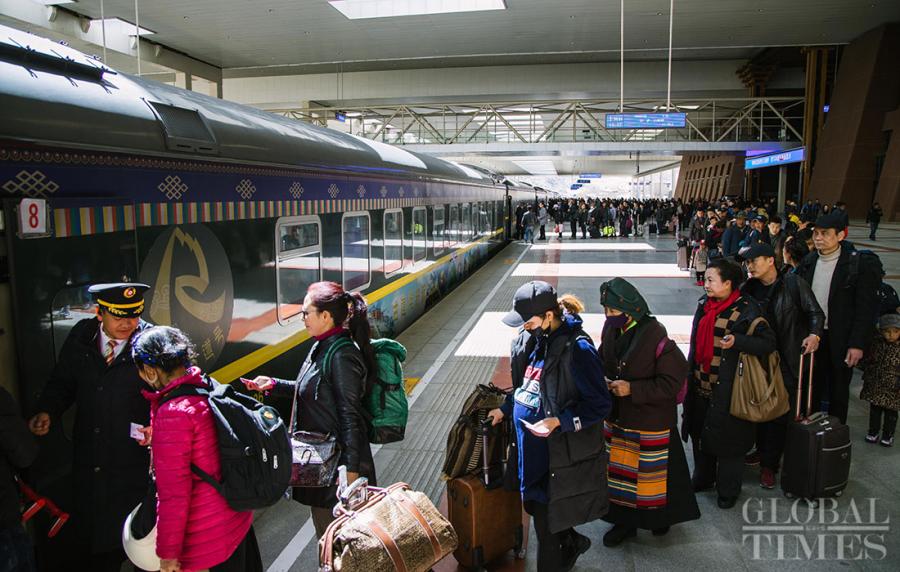
Ever since it first started running, the train from Lhasa to Xigaze has extended the "heavenly road" of Qinghai-Tibet Plateau, transforming transportation in Southwest China's Tibet Autonomous Region, which depended solely on the highway in the past. It takes only three hours from Lhasa to Xigaze by the train. Various activities are held on the train during non-meal times. (Photos: Li Hao/GT)
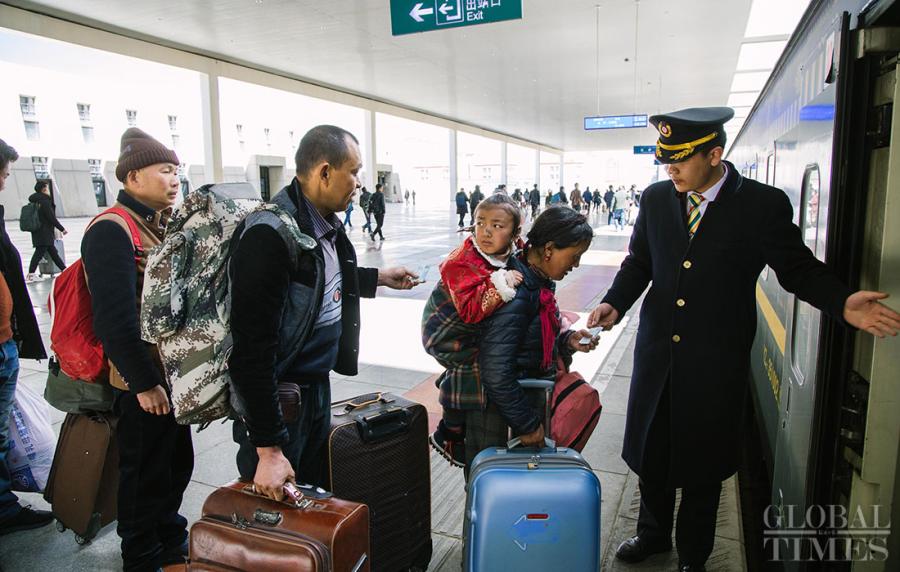
Ever since it first started running, the train from Lhasa to Xigaze has extended the "heavenly road" of Qinghai-Tibet Plateau, transforming transportation in Southwest China's Tibet Autonomous Region, which depended solely on the highway in the past. It takes only three hours from Lhasa to Xigaze by the train. Various activities are held on the train during non-meal times. (Photos: Li Hao/GT)
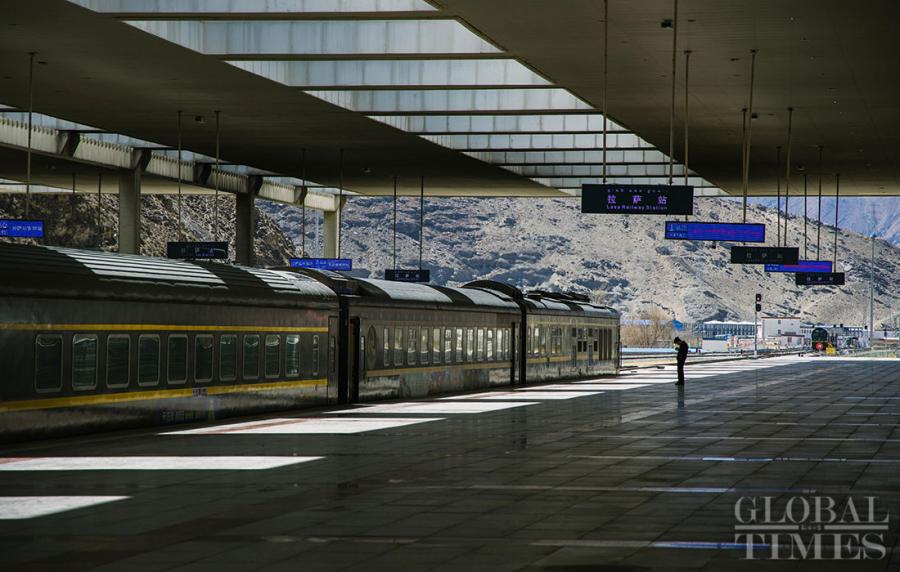
Ever since it first started running, the train from Lhasa to Xigaze has extended the "heavenly road" of Qinghai-Tibet Plateau, transforming transportation in Southwest China's Tibet Autonomous Region, which depended solely on the highway in the past. It takes only three hours from Lhasa to Xigaze by the train. Various activities are held on the train during non-meal times. (Photos: Li Hao/GT)

Ever since it first started running, the train from Lhasa to Xigaze has extended the "heavenly road" of Qinghai-Tibet Plateau, transforming transportation in Southwest China's Tibet Autonomous Region, which depended solely on the highway in the past. It takes only three hours from Lhasa to Xigaze by the train. Various activities are held on the train during non-meal times. (Photos: Li Hao/GT)

Ever since it first started running, the train from Lhasa to Xigaze has extended the "heavenly road" of Qinghai-Tibet Plateau, transforming transportation in Southwest China's Tibet Autonomous Region, which depended solely on the highway in the past. It takes only three hours from Lhasa to Xigaze by the train. Various activities are held on the train during non-meal times. (Photos: Li Hao/GT)

Ever since it first started running, the train from Lhasa to Xigaze has extended the "heavenly road" of Qinghai-Tibet Plateau, transforming transportation in Southwest China's Tibet Autonomous Region, which depended solely on the highway in the past. It takes only three hours from Lhasa to Xigaze by the train. Various activities are held on the train during non-meal times. (Photos: Li Hao/GT)
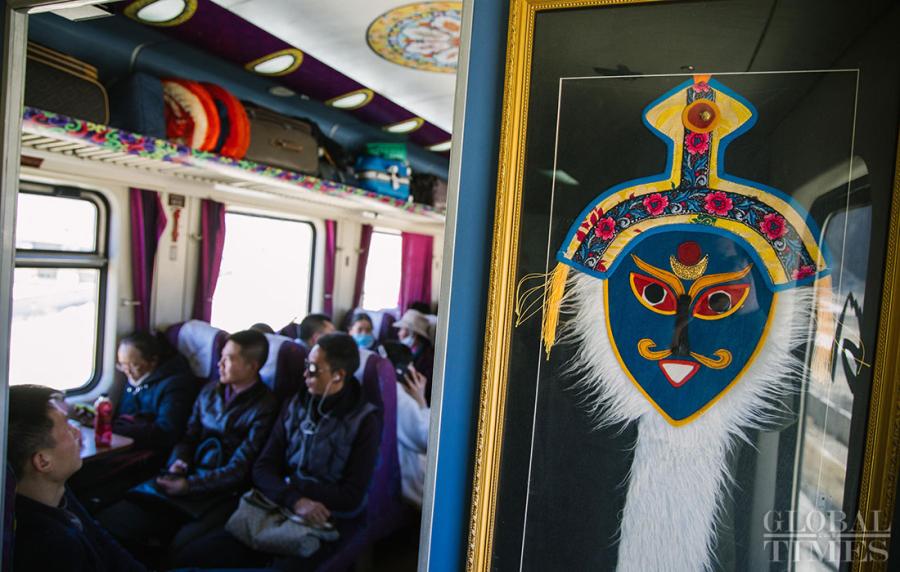
Ever since it first started running, the train from Lhasa to Xigaze has extended the "heavenly road" of Qinghai-Tibet Plateau, transforming transportation in Southwest China's Tibet Autonomous Region, which depended solely on the highway in the past. It takes only three hours from Lhasa to Xigaze by the train. Various activities are held on the train during non-meal times. (Photos: Li Hao/GT)
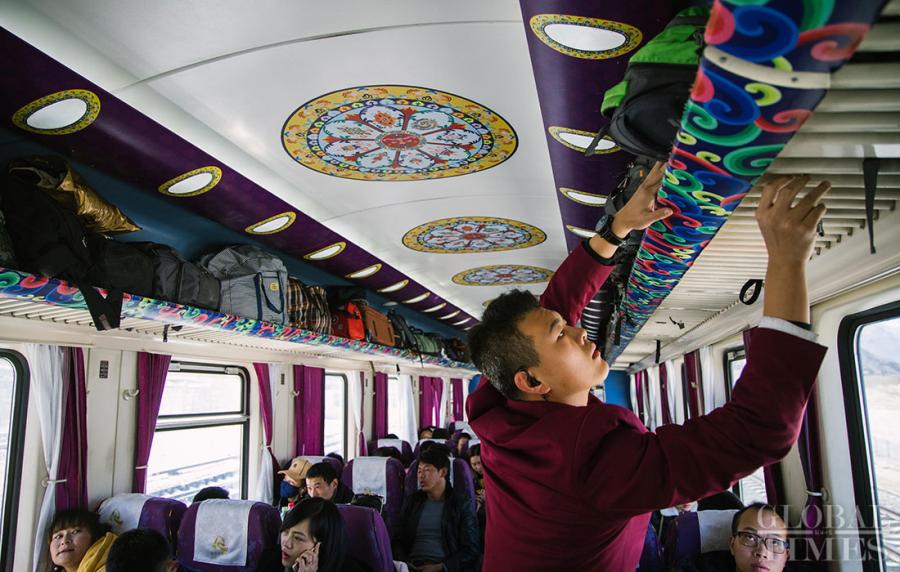
Ever since it first started running, the train from Lhasa to Xigaze has extended the "heavenly road" of Qinghai-Tibet Plateau, transforming transportation in Southwest China's Tibet Autonomous Region, which depended solely on the highway in the past. It takes only three hours from Lhasa to Xigaze by the train. Various activities are held on the train during non-meal times. (Photos: Li Hao/GT)
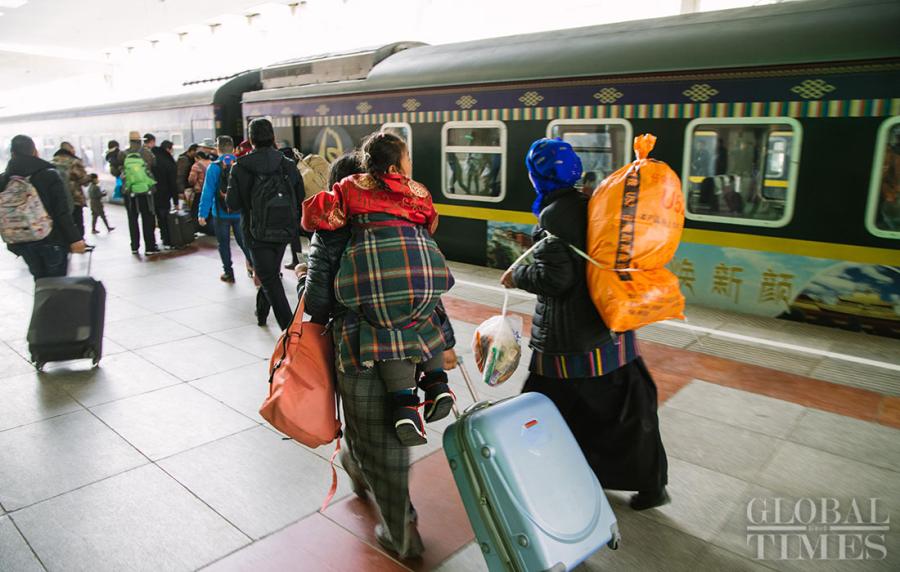
Ever since it first started running, the train from Lhasa to Xigaze has extended the "heavenly road" of Qinghai-Tibet Plateau, transforming transportation in Southwest China's Tibet Autonomous Region, which depended solely on the highway in the past. It takes only three hours from Lhasa to Xigaze by the train. Various activities are held on the train during non-meal times. (Photos: Li Hao/GT)
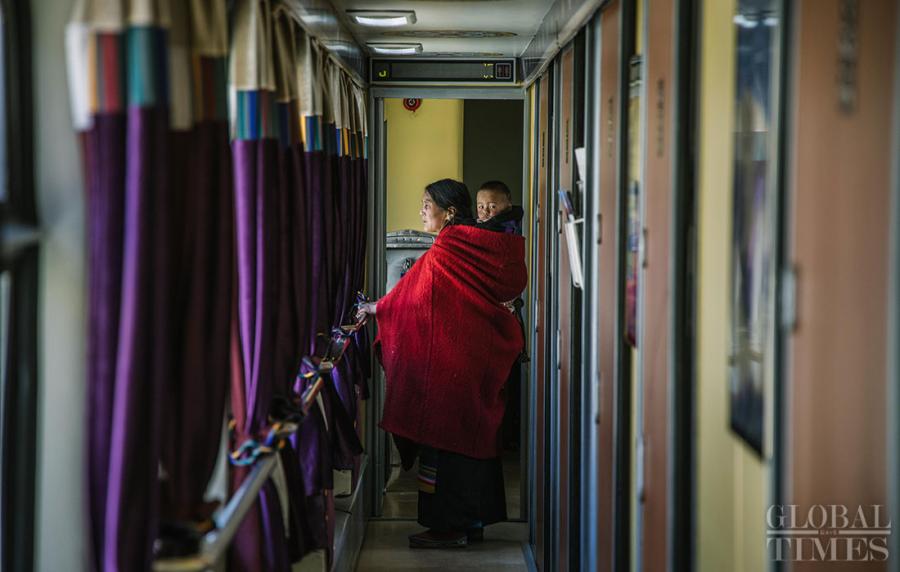
Ever since it first started running, the train from Lhasa to Xigaze has extended the "heavenly road" of Qinghai-Tibet Plateau, transforming transportation in Southwest China's Tibet Autonomous Region, which depended solely on the highway in the past. It takes only three hours from Lhasa to Xigaze by the train. Various activities are held on the train during non-meal times. (Photos: Li Hao/GT)
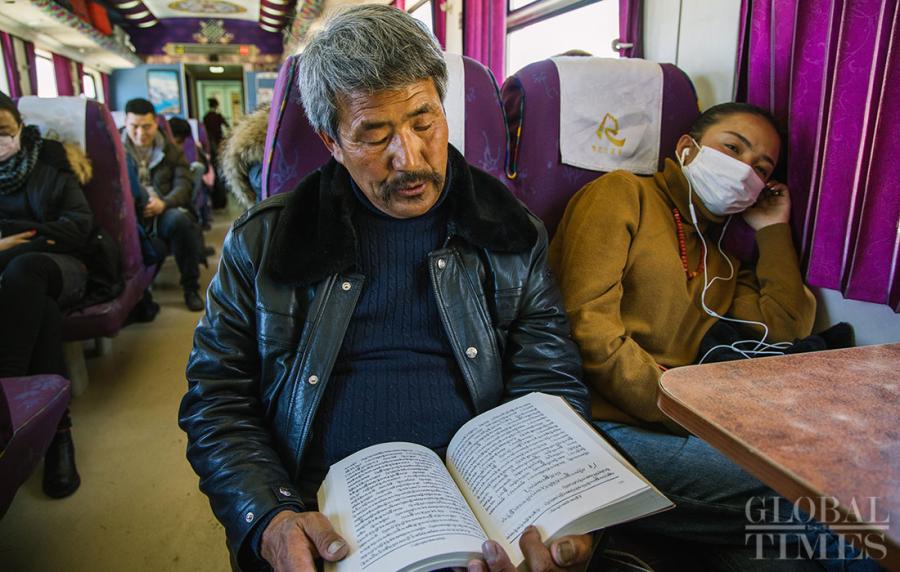
Ever since it first started running, the train from Lhasa to Xigaze has extended the "heavenly road" of Qinghai-Tibet Plateau, transforming transportation in Southwest China's Tibet Autonomous Region, which depended solely on the highway in the past. It takes only three hours from Lhasa to Xigaze by the train. Various activities are held on the train during non-meal times. (Photos: Li Hao/GT)














